RECinMED
A multitude of inclusive Renewable Energy Communities in the Mediterranean Region
-
Sponsor
Implemented within the framework of the Interreg Euro-MED 2021-2027 Program, Co-funded by the European Union
-
Location
The project brings together 11 partners from 9 Euro-Mediterranean countries (Croatia, Slovenia, Italy, France, Spain, Portugal, Bulgaria, Cyprus, Bosnia-Herzegovina).
-
Launch date
1 January, 2024
-
Status
Actif
-
Project Type
Action Project
-
Project Duration
33 month
In the RECinMED project, ENERGIES 2050 coordinates Multi-Stakeholders Transnational Cooperation Agreements and contributes to the design, planning, and implementation of Renewable Energy Communities in rural areas, urban areas, and Mediterranean islands.
Global problem
Several intertwining issues threaten living areas in the Mediterranean. Global warming and the urgent need to reduce dependence on Russian fossil fuels are just two examples of the challenges driving the necessary transition to renewable energy. This shift is essential not only for environmental sustainability but also for addressing social and governance dimensions. Rising energy costs have exacerbated energy poverty, affecting over 37 million Europeans, as estimated by the European Commission.
The energy transition is a key part of broader efforts aimed at tackling climate emergency and promoting better living conditions in the Mediterranean while contributing to the European Union’s Green Deal objectives.
Procjet website : https://recinmed.interreg-euro-med.eu/
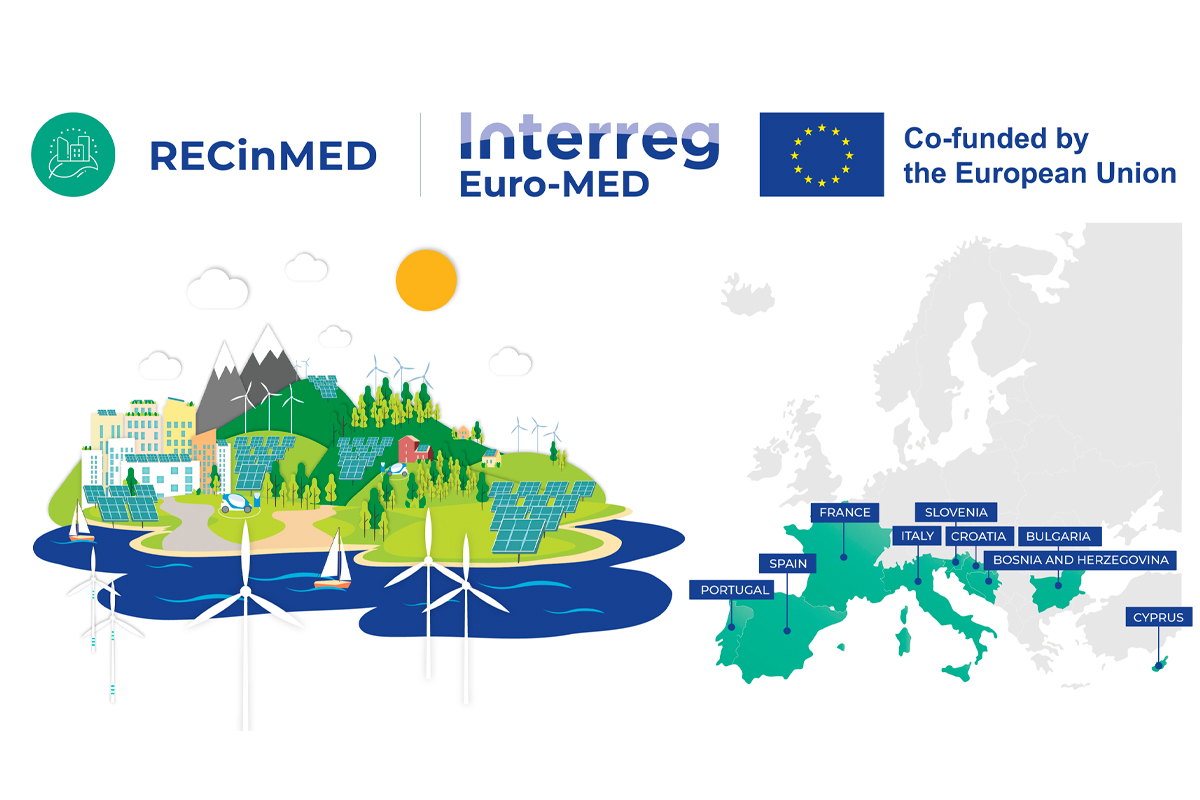
The RECinMED project addresses these common challenges by testing innovative models for developing Renewable Energy Communities on a transnational scale. It will allow community stakeholders to acquire experience and skills on a vast set of specific topics concerning Energy Transition in the Mediterranean.
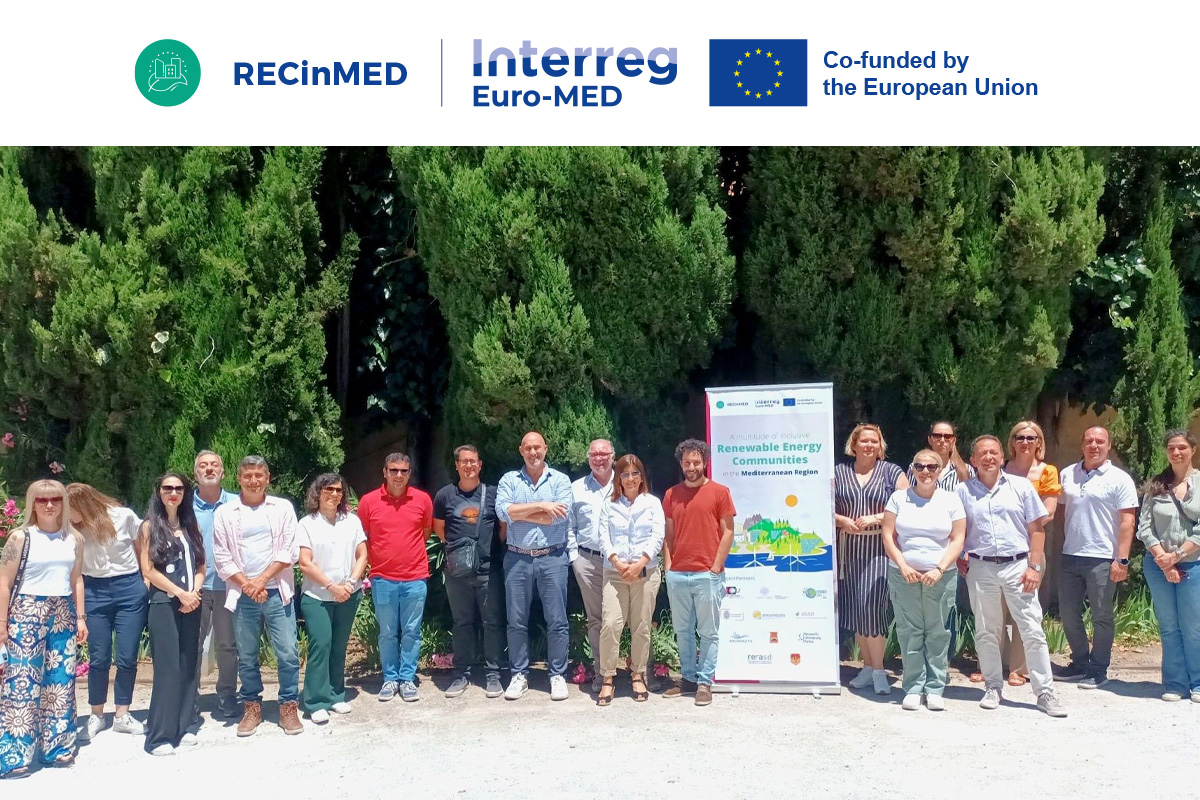
The RECinMED project is a collaborative initiative aimed at fostering the development of inclusive Renewable Energy Communities (RECs) across the Mediterranean region. It seeks to address the growing need for climate change adaptation and the transition to clean energy by actively involving various stakeholders such as citizens, public authorities, private enterprises, and scientific institutions. The project operates under the framework of the Interreg Euro-MED Programme and is co-funded by the European Union. RECinMED includes 11 partners from 9 Euro-Mediterranean countries (Croatia, Slovenia, Italy, France, Spain, Portugal, Bulgaria, Cyprus, Bosnia-Herzegovina) and three associated partners, forming a transnational cooperation to enhance innovation and efficiency in renewable energy production.
The primary objective of RECinMED is to establish and test innovative models for creating RECs in diverse contexts, such as urban, rural, and island areas. To achieve this, the project has set up three working groups that focus on the specific challenges faced by each of these geographic environments.
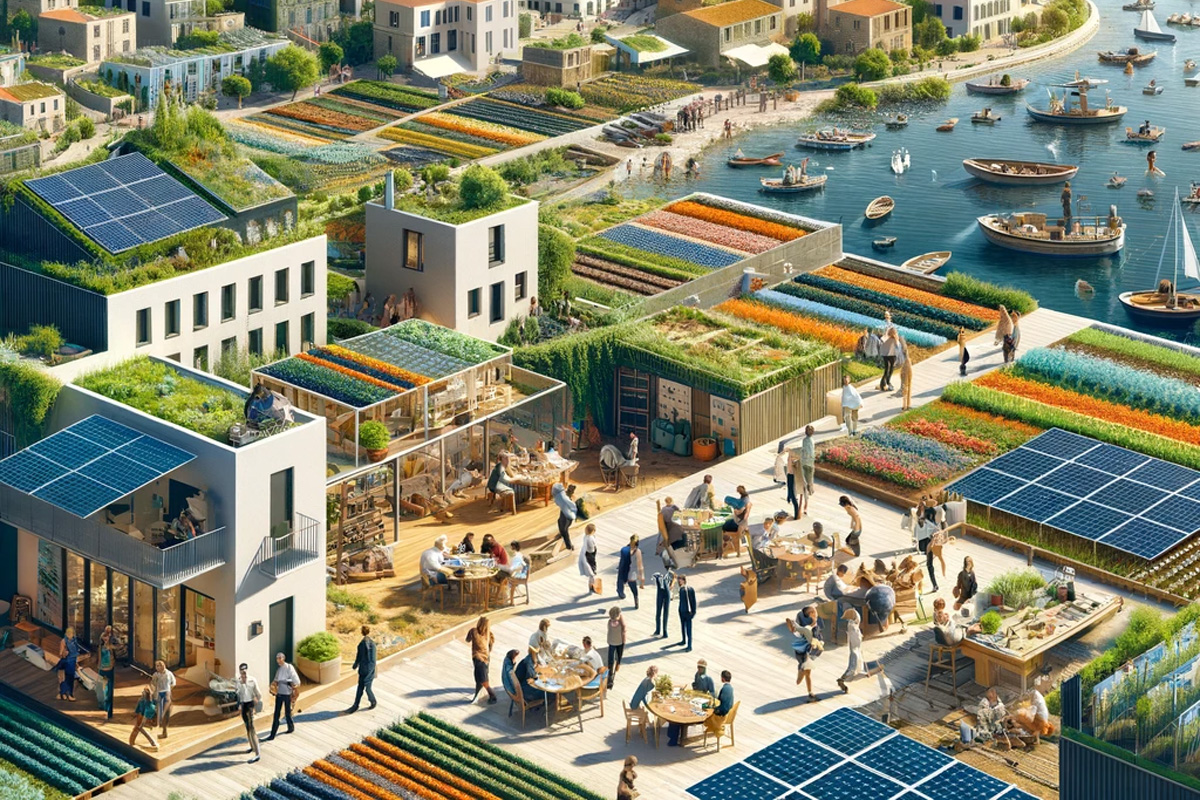
These groups will collaborate to design, implement, and test pilot actions, ensuring that the solutions developed are applicable to a broad range of communities. Moreover, RECinMED draws on methodologies and tools developed in previous European projects, refining them through real-world data and best practices to enhance their effectiveness and scalability.
Key deliverables of the project include testing reports, stakeholder engagement initiatives, and a Transferability Plan aimed at ensuring that the solutions can be applied in other regions. Additionally, the project will establish a Transnational Cooperation Forum to encourage dialogue and collaboration among various stakeholders, ultimately promoting green living spaces and sustainable energy practices. Through this comprehensive approach, RECinMED aspires to create a replicable and scalable framework for renewable energy communities, contributing significantly to the EU’s broader climate goals.
Innovations
-
REC Methodology for Rural Areas: Developing a tailored approach to establish Renewable Energy Communities in rural regions, addressing specific local needs.
-
Urban Solar REC Toolkit: Creating a toolkit to facilitate the use of solar energy in establishing RECs in urban settings.
-
Energy Management Tools for Islands: Testing a toolkit that includes energy management and self-assessment features, specifically designed for Mediterranean islands.
-
Transnational Cooperation Forum: Establishing a forum to promote cross-border collaboration and knowledge exchange on renewable energy communities across the Mediterranean.
-
Incorporation of EU Best Practices: Adapting and refining tools from previous EU projects with real-world data to ensure practical application and transferability.
-
Stakeholder Engagement: Encouraging active participation from citizens, authorities, and businesses to support the inclusive creation of Renewable Energy Communities.
Downloads
-
Project leaflet
Partners
-
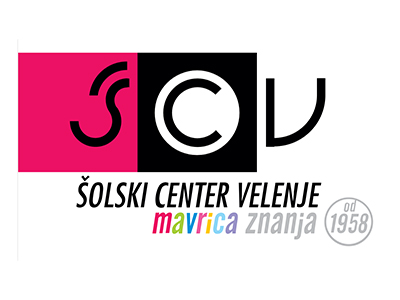
Šolski Center Velenje (Centre scolaire de Velenje)
SloveniaEducation/training center and school
-
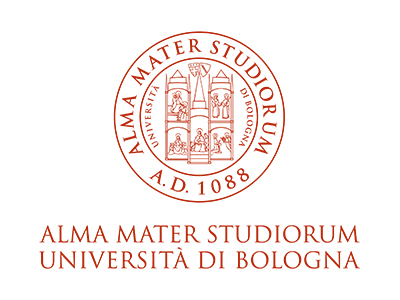
Alma Mater Studiorum - Université de Bologne
ItalyUniversity and research center
-
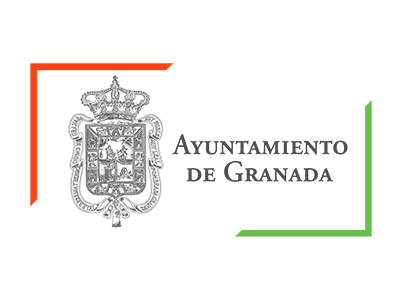
Ayuntamiento de Granada (Conseil municipal de Grenade)
SpainLocal public authority
-
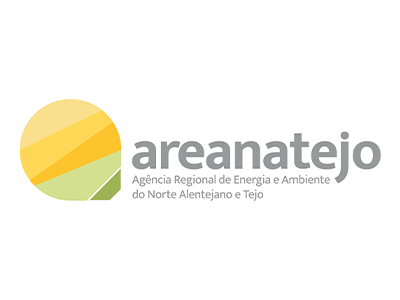
Agência Regional de Energia e Ambiente do Norte Alentejano e Tejo (Agence régionale de l'énergie et de l'environnement de l'Alentejo du Nord)
PortugalSectoral agency
-
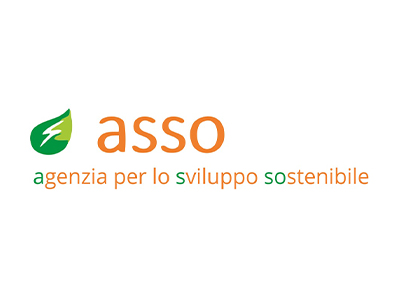
Agenzia per lo sviluppo sostenibile (Agence pour le développement durable)
ItalyAssociation in the field of sustainable development
-
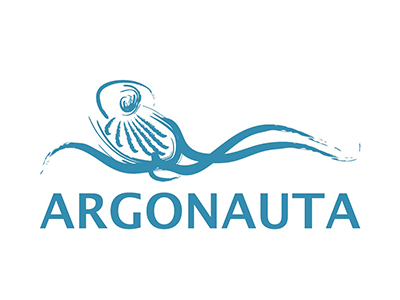
Udruga za zaštitu prirode I okoliša te promicanje održivog razvoja Argonauta (Association Argonauta)
CroatiaAssociation dedicated to nature and environmental conservation
-
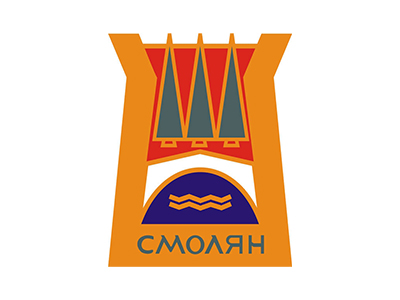
Municipalité de Smolyan
BulgariaLocal public authority
-
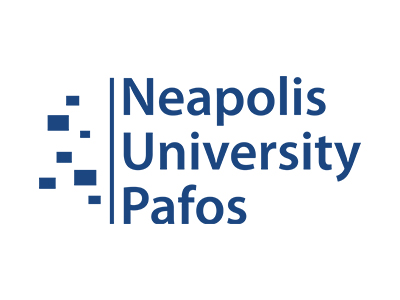
Université de Neapolis Pafos
CyprusUniversity and research center
-
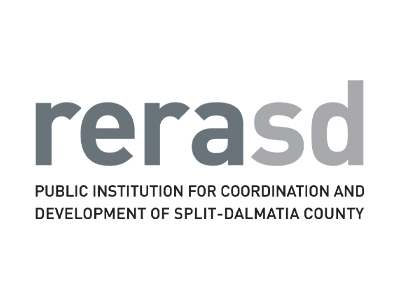
Javna ustanova RERA S.D. za koordinaciju i razvoj Splitsko-dalmatinske županije (Institution publique RERA S.D. pour la coordination et le développement du comté de Split Dalmatia)
CroatiaRegional public authority
-
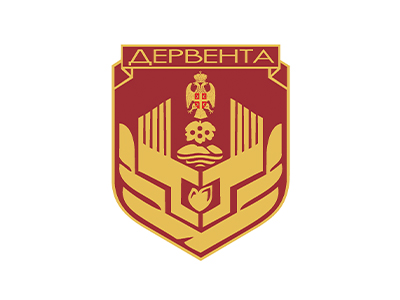
Ville de Derventa
Bosnia and HerzegovinaLocal public authority
-
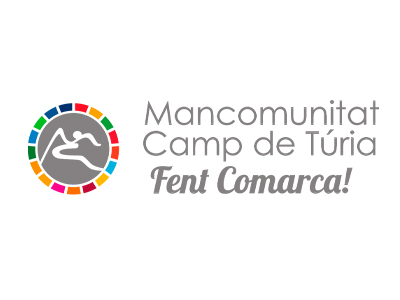
Mancomunitat Camp de Túria (Association des municipalités Camp de Túria)
SpainRegional public authority
-

GADSECA
FranceGroup of Associations for the Defense of Sites and the Environment of the Côte d'Azur
-
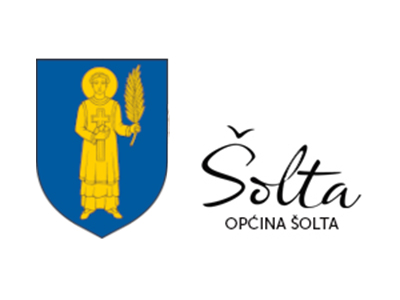
Općina Šolta (Municipalité de Šolta)
CroatiaLocal public authority
-
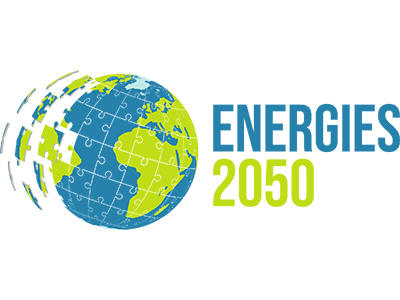
ENERGIES2050
FranceInternational association committed to the ecological, climatic and civic transition
support us
ENERGIES 2050, independent and without operating subsidies, relies on the generosity of donors like you to sustain and expand its actions. Support our work with a donation or explore other ways to contribute.

